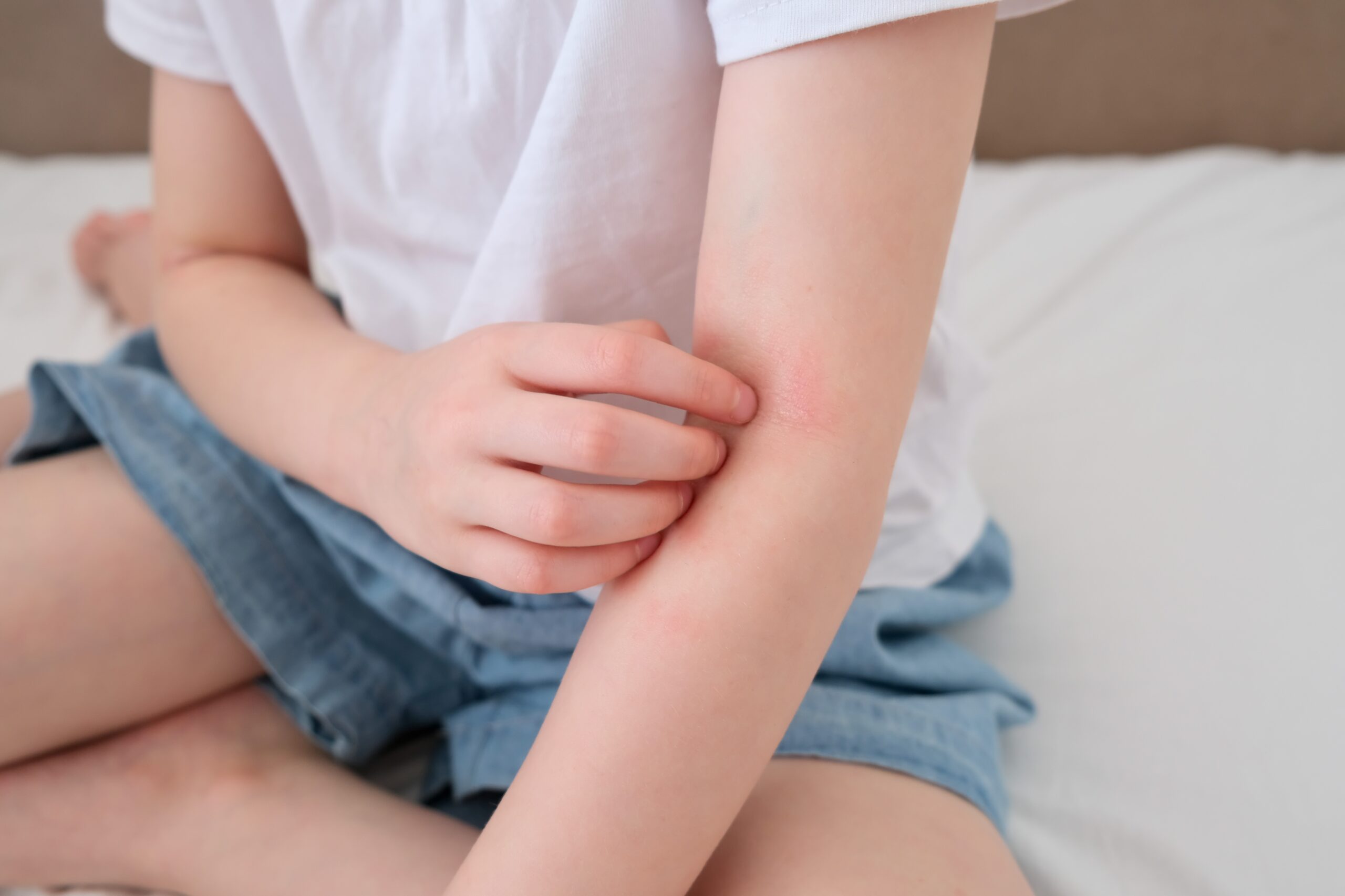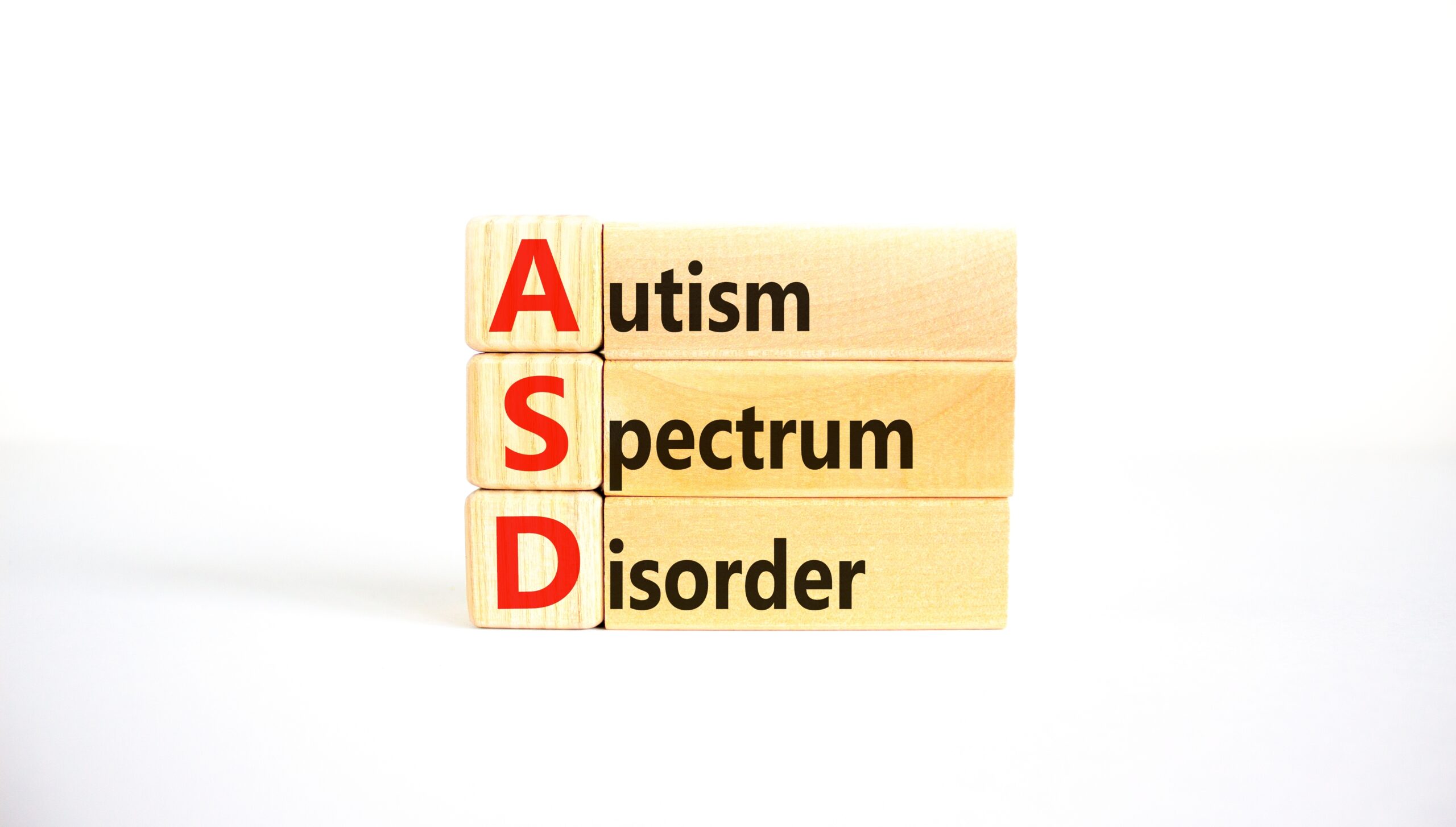A vaccine designed to fight a pandemic might just be rewriting the immune story for children with eczema—delivering them not just fewer COVID infections, but possibly a surprising shield against allergies and asthma.
Story Snapshot
- COVID-19 vaccination linked to lower infections and allergy rates in kids with eczema
- Vaccinated children show reduced asthma and rhinitis compared to their unvaccinated peers
- Researchers propose immune system “training” as a possible explanation
- Findings challenge assumptions about vaccines and chronic inflammatory diseases
COVID Vaccine and Eczema: A New Chapter in Immunity?
Children with eczema—already burdened by itchy, inflamed skin—have long faced a higher risk for infections and allergic conditions. Now, data is emerging that the COVID-19 vaccine, initially developed to combat a global respiratory virus, may be offering these kids unexpected health dividends. In cohorts tracked by researchers, vaccinated children with eczema were not only less likely to contract COVID-19, but also experienced lower rates of asthma and allergic rhinitis compared to those who declined the vaccine. This association is redefining what public health experts thought they knew about the intersection of vaccines and chronic immune-related conditions, and it’s raising eyebrows among both clinicians and parents.
Watch: COVID Vaccine: Fewer Infections & Allergies in Kids with Eczema!
Immune System “Training”: The Proposed Mechanism
Researchers are now exploring whether the COVID-19 vaccine might be acting as a form of “immune training.” The concept is that certain vaccines, particularly those based on mRNA, could prime the immune system not just for SARS-CoV-2, but also for a broader range of pathogens and allergens. In this view, the vaccine might shift immune responses away from the type of inflammation that drives eczema and allergies, nudging the body into a more balanced, regulated state. The data is preliminary, but the trend is clear enough to warrant further scientific attention. If this effect holds up in larger studies, it could transform discussions around vaccines and chronic inflammatory diseases in children.
https://twittercom/UncagedBeing/status/1987151022578671732?s=20
Implications for Families and Public Health Policy
For families of children with eczema, the findings offer a new lens through which to view vaccine decisions. Instead of weighing only the direct protection against COVID-19, parents can now consider the possibility of broader health gains—fewer sick days, reduced asthma attacks, and perhaps a lower chance of developing new allergies. This shift in perspective could move the needle in communities where vaccine hesitancy has been fueled by uncertainty about immune safety. Pediatricians, too, may find themselves rethinking old counseling scripts in light of evidence suggesting the vaccine’s benefits ripple far beyond its original intent.
Broader Questions and the Next Frontier of Vaccine Science
While the connection between the COVID-19 vaccine and reduced allergies and infections in children with eczema is compelling, it raises more questions than it answers. Could other vaccines have similar “off-target” benefits for immune health? How do genetic factors, environmental exposures, and timing of vaccination shape these outcomes? Researchers are already calling for larger, more diverse studies to test these possibilities and to untangle the variables that could influence results.
What’s clear is that the COVID-19 vaccine’s story in children with eczema is far from finished. As more data emerges, the narrative may shift once again, challenging assumptions and offering new hope for families navigating the complex world of childhood immunity.
Sources:
https://www.sciencedaily.com/releases/2025/11/251108012853.htm
https://acaai.org/news/covid-19-vaccination-linked-to-reduced-infections-in-children-with-eczema/








